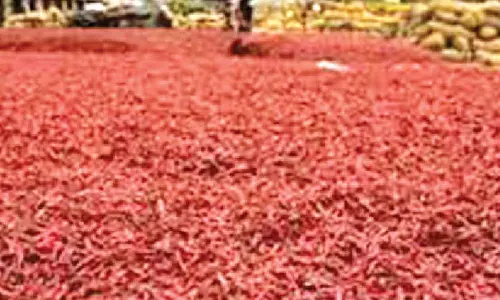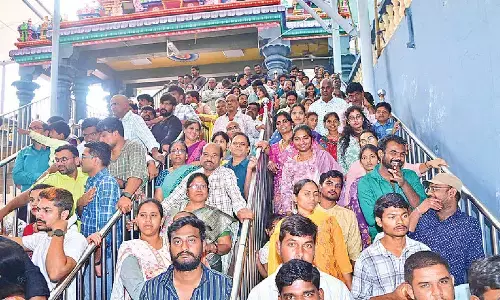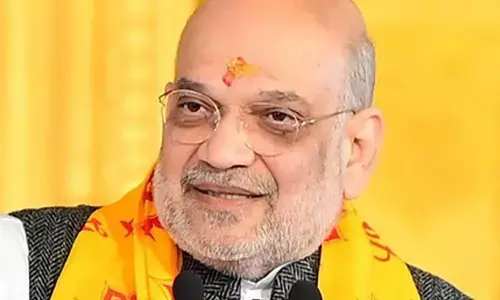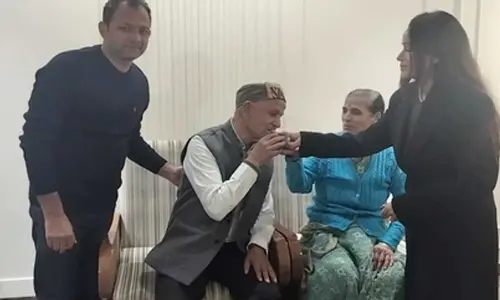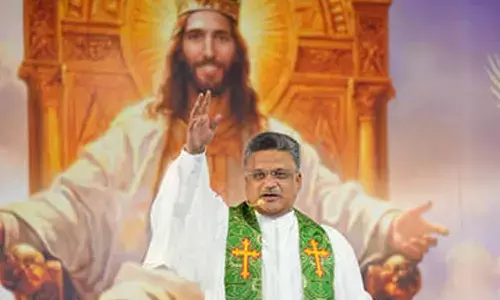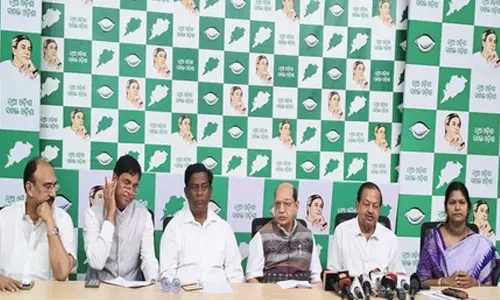Ukraine crisis: Putin playing a short game

Ukraine crisis: Putin playing a short game,he Kremlin upped the ante further, hinting it could move forces beyond Ukraine's peninsula to protect his compatriots.
MOSCOW: Since his return to the Kremlin, Vladimir Putin has grown more powerful than ever before. The strongman, who has ruled Russia for the past 14 years, has muzzled his opponents, check-mated the west on Syria and is now on the verge of annexing Crimea.
On Friday, the Kremlin upped the ante further, hinting it could move forces beyond Ukraine's peninsula to protect his compatriots.
.jpg)
But analysts say Putin is becoming king of an ever-more isolated castle, provoking the outside world to consolidate control at home in a strategy ultimately doomed to fail.
Fresh from his success in hosting the Winter Olympics in Sochi, Putin saw his moment amid the chaos engulfing Ukraine, where pro-western demonstrations last month toppled a leader seeking closer ties to Moscow.
Gambling that it was safe to ignore the howls of protest from the west, he sent his soldiers into Crimea — a largely Russian-speaking peninsula in the south of Ukraine.
"No one is ready to fight over Crimea," said Gleb Pavlovsky, a political analyst and former Kremlin adviser.
"The west will have to do its best to find a way out. Putin is at the centre of this crisis. This strengthens his hand. It will be Putin, not the west, who will decide the fate of the Ukrainian revolution."
The two-time Russian president believes "the west is weak", said Nikolai Petrov, professor at the Higher School of Economics in Moscow.
"He believes that the rules of the game will be changing and he who plays first, wins."
While the intervention in Crimea was sudden, Kremlin-watchers suggest it had long been planned for and was merely awaiting an opportunity.
The referendum called by the pro-Moscow regime and scheduled for Sunday is almost a foregone conclusion.
It marks another black-eye for the west in its dealings with Russia after Putin battled Washington and its friends to a standstill over Syria's chemical weapons programme, wielding his UN security council veto in defence of ally Bashar Al-Assad.
That forced a humiliating climbdown for US President Barack Obama, who drew a "red line" over the use of chemical weapons, only to see it stepped over with impunity when opponents saw he would not resort to military force.
The seeds for Putin's power grab were sown in the winter of 2012, as he prepared to return to the Kremlin, relieving his protege Dmitry Medvedev, who had kept his seat warm since his previous stint in the top job.
He ground away his opponents in politics and the media, alternating tough crackdowns with unexpected gestures of mercy, like the release from prison of Mikhail Khodorkovsky, once Russia's richest man who fell out of favour with the Kremlin during Putin's first term.
"The regime is shifting towards authoritarianism," said Petrov. With his play in Crimea "Putin is able to kill two birds with one stone: the western reaction is prompting the system to close up and the political elite are losing their independence and are becoming more reliant."
At the age of 61, former KGB officer Putin is the undisputed master of his country, and one of the most powerful people in the world.
But, analysts say, the price he will pay for the control he has and for the seizure of Crimea— the sovereign territory of an independent country — is high, and each throw of his dice seems to be closing down options, instead of opening them up.
"He is winning but at a very great cost, both strategically and economically. It's a price that no reasonable person would pay," said Pavlovsky, a Kremlin adviser in the early 2000s.
Russian economic growth is struggling, the ruble is on the slide and capital is racing out of the country as investors take fright.
Threatened economic sanctions from the United States and the European Union look set to make that much worse.
Putin's popularity at home was driven during his first term by rising standards of living and the boom in fossil fuel exports that Europe and China lapped up, said Lilia Shevtsova, an analyst with the Carnegie Moscow Center.
Without the economic dividend, Putin is using a Cold War-style confrontation with the west to bolster his support, building a "militarist state where everything works for the sake of defence and not people's needs".
"Putin is taking the country down the path of the USSR which will lead to the same fate as that of the Soviet Union — the collapse of the state."
Petrov said the crisis over Ukraine offers immediate gains for Russia, in terms of the control it will get over an area that has long played an important part in the national psyche.
"(Putin's) choice — the besieged fortress model — will work in the short-term," he said. But longer term, it is unlikely to be so clear cut.
"He is a brilliant tactical player but he is not a strategic one."








